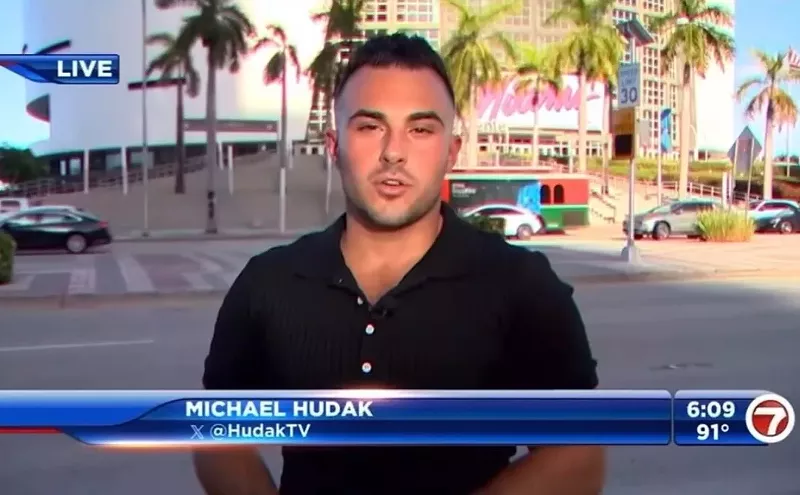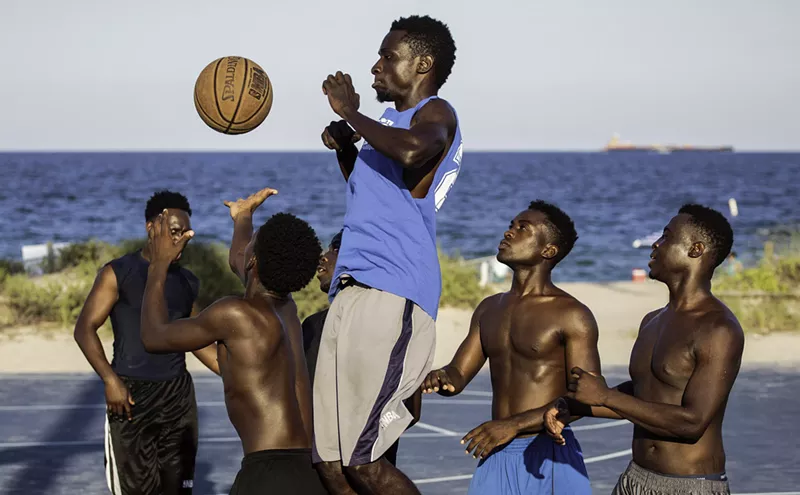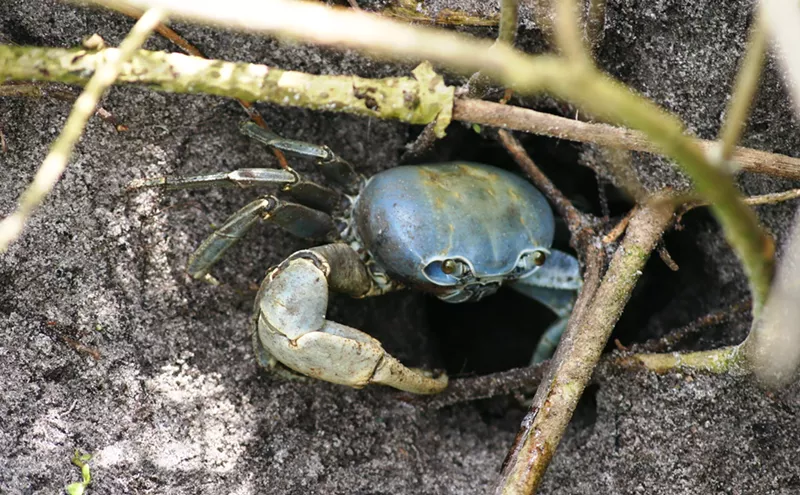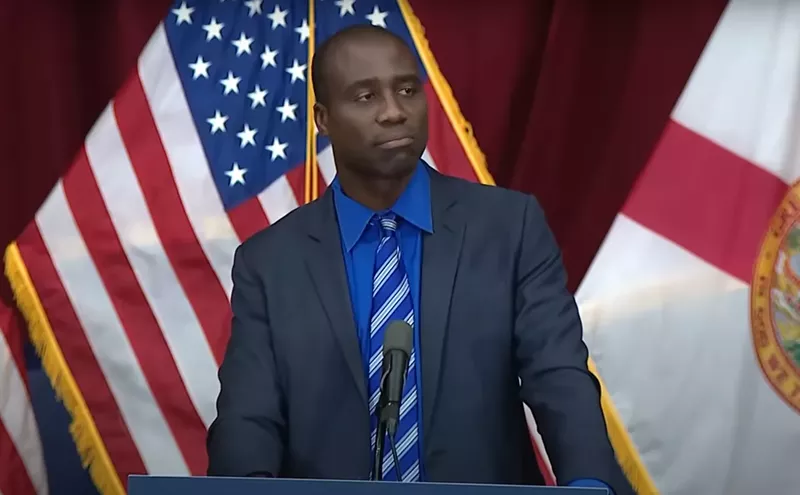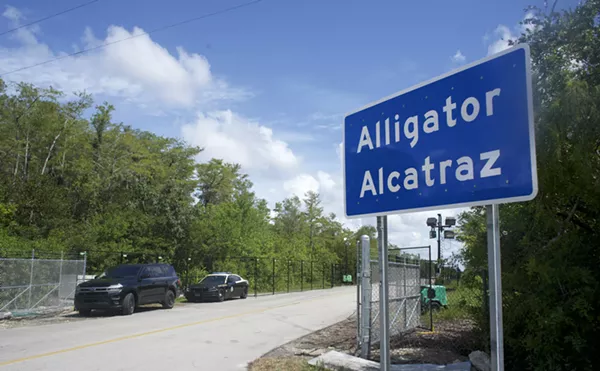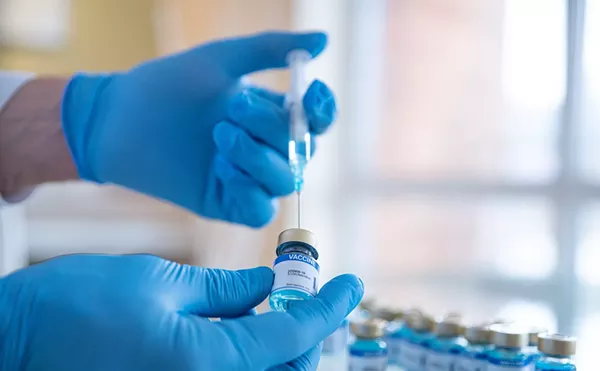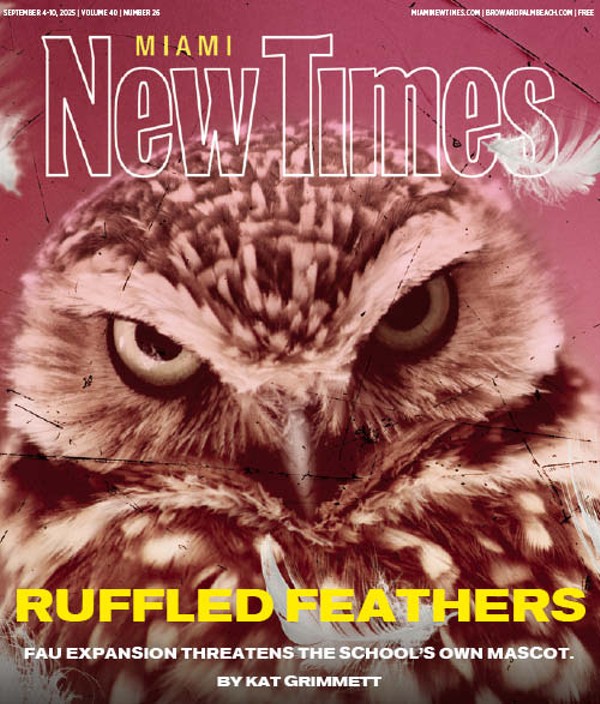But South Florida environmentalists are not letting the matter die. Miami's Urban Paradise Guild, an organization dedicated to (literally) cleaning up inner-city Miami, has started a Change.org petition campaign to persuade Florida lawmakers to prevent FPL from storing its waste perilously close to South Florida's drinking water reservoir, the Biscayne Aquifer.
"Obviously, the concern to me is there are too many unknowns," says Sam Van Leer, the Urban Paradise Guild's president. "The idea that there is some level of 'acceptable risk' when it comes to our water supply
As of 2 p.m. today, more than 250 people had signed the petition. The group says that once the signing period ends, the letter will be sent to 36 elected representatives in Florida, including Miami State Sens. Jose Javier Rodriguez, Anitere Flores, Daphne Campbell, Rene Garcia, and Frank Artiles.
"We urge the Legislative Delegations of Miami-Dade and Broward County in Tallahassee and Washington to stop this practice before it starts," the letter says.
The controversy stems from FPL's stated desire to store
Governments have injected industrial waste into the Boulder Zone since 1966, largely through a hole drilled near Lake Okeechobee. The zone's water is incredibly briny, and in the 1960s, wastewater from sugar factories and brine from oil production fields was being injected regularly into the zone. But as early as October 1970, studies noted that great care was needed to ensure wells didn't leak into
But environmentalists warn that any waste plunged into the area is a bad idea. Multiple government studies — and one of FPL's own engineers — have warned that waste injected into the zone can migrate north and contaminate sources of drinking water in South Florida.
Now FPL is applying for permits to build two new nuclear reactors at Turkey
Last Friday, the NRC shot down CASE's petition for procedural reasons, stating CASE had filed its petition "inexcusably late" in the application process.
CASE's president, Barry J. White, told New Times this week that his group plans to lobby state officials to try to outlaw dumping in the Boulder Zone. CASE faces a massive battle because energy companies maintain a campaign-money stranglehold on Tallahassee.
But Miami environmentalists appear ready to join CASE's fight. Van Leer, the environmentalist, says he's already reaching out to lawmakers to meet with them over FPL's storage plan.
"Unfortunately, our laws and regulations have been written by lobbyists, so we can’t depend on our government to protect us," Van Leer says. "I understand this is a procedural decision, based on timing rather than content. But for NRC to allow something that the United States Geological Survey has already said 'there could be problems here' is deeply troubling."



